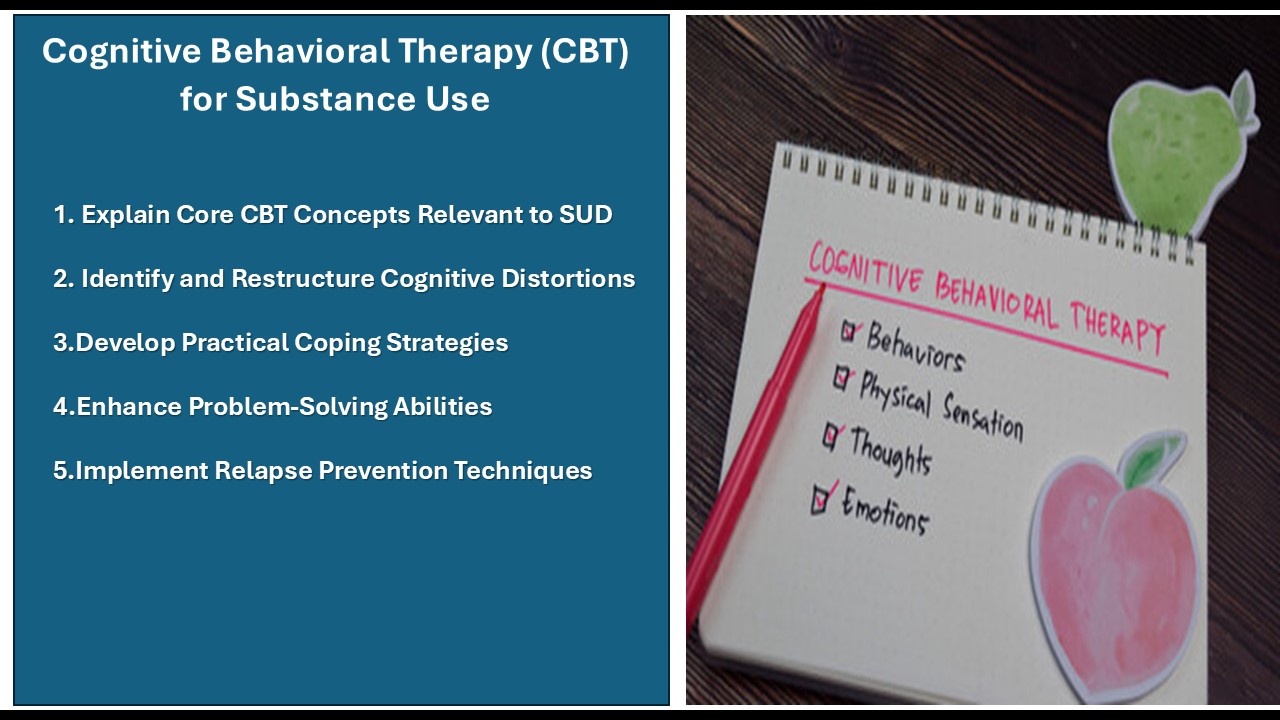Laws and guidelines that protect client privacy in substance use disorder (SUD) treatment, including HIPAA and 42 CFR Part 2.
Ethical and Legal Considerations In Treating Substance Use Disorders
Training Description:
Ethical and Legal Considerations in treating substance use disorders:
This training focuses on understanding confidentiality regulations such as HIPAA and 42 CFR Part 2.
The content in the course helps counselors navigate the ethical and legal complexities of working with
clients who have substance use disorders. It addresses boundary issues, dual relationships,
mandatory reporting, and ethical decision-making models. Upon completion, counselors
will better understand their professional responsibilities and feel prepared to
uphold ethical standards while protecting clients rights and well-being.
- Understand Key Confidentiality Regulations
- Differentiate Between HIPAA and 42 CFR Part 2
- Identify and Maintain Professional Boundaries
- Recognize Mandated Reporting Obligations
- Apply Ethical Decision-Making Frameworks
Course Learning Objectives
This is a web-based self-paced training which provides 2 hours substance specific
board approved hours. The content for this project has been curated or developed by author Michael Daniels
MSW, LCAS, CCS, LCSW and other many amazing professionals who have donated their expertice and time to
ensure practitioners entering the addiction profession have access to quality trainings without barriers
of finance and access.
Receiving Credit: In order to receive credit for the training you must complete the interactive question within
the training. If you do not complete the embedded quizes, when you get to end of the training you will not
receive credit until you complete the embedded quiz questions. In Addition, you must complete the
50 item quiz at the end of the training and receive at least an85% before receiving your certificate. You do have
the option of retaking the quiz until you reach the approved score. Once you submit your quiz, you will receive
your certificate with in 24 hours.
A federal law that safeguards medical information, ensuring privacy and security in healthcare settings, including SUD treatment.
A federal regulation that provides extra protections for substance use disorder treatment records to prevent unauthorized disclosure without client consent.
Ethical guidelines that help maintain appropriate relationships between counselors and clients to ensure professional integrity and avoid conflicts of interest.
A key MI principle that emphasizes a client’s ability to make meaningful changes by highlighting their strengths and past successes.
Legal requirements that obligate professionals to report specific concerns, such as child abuse, neglect, or imminent harm to self or others.
A process where clients are provided with sufficient information about treatment, confidentiality limits, and their rights before agreeing to services.
A legal obligation requiring counselors to breach confidentiality when a client poses a serious threat to themselves or others.
Positive statements that recognize a client’s strengths, efforts, and abilities to encourage confidence and motivation.
The right of clients to make decisions regarding their own treatment, provided they have the capacity to do so.
Standards and procedures that ensure professional integrity, compliance with laws, and high-quality client care.
A formal agreement allowing the disclosure of confidential treatment information to authorized parties.
The legal process of responding to a court order while protecting client confidentiality to the greatest extent allowed by law.
The principles guiding documentation in SUD treatment to ensure accuracy, security, and compliance with confidentiality laws.
Breaches of ethical standards in counselor-client relationships, such as excessive self-disclosure, dual relationships, or favoritism.

Below you will be able to access the training
- Course Introduction (10 minutes)
- Defining SBIRT & Its Purpose (15 minutes)
- Module 2: Core Components of SBIRT (20 minutes)
- Module 3: Rationale and Evidence Base for SBIRT (15 minutes)
- Step-by-Step SBIRT Implementation (30 minutes)
- Tailoring SBIRT for Diverse Populations (20 minutes)
- Course Wrap-Up & Final Assessment (10 minutes)
Additional Resources Related To This Training
Video Related To This Training
Articles Related To This Training
- Ethical Issues in Treating Substance Use Disorders: Counselor Perspectives
- Boundary Issues in Counseling
- The Book of Ethics For Addiction Professionals
- Sexual Boundaries In Counseling
- Creating an ethical culture to support recovery from substance use disorders
- The National Certification Commission for Addiction Professionals CODE OF ETHICS: Effective Date: 06.01.2025
Contact: Michael Daniels: Email: danielsm@ecu.edu: Phone: 252 7372117 for any technical questions
Editorial Disclaimer: Although all information contained in each training is based on validated research, any opinions expressed are those of the author's alone, and do not reflect
the opinions of affillate agencies. Although each training has an NCASPPB approved number, they
are not responsible for the content.